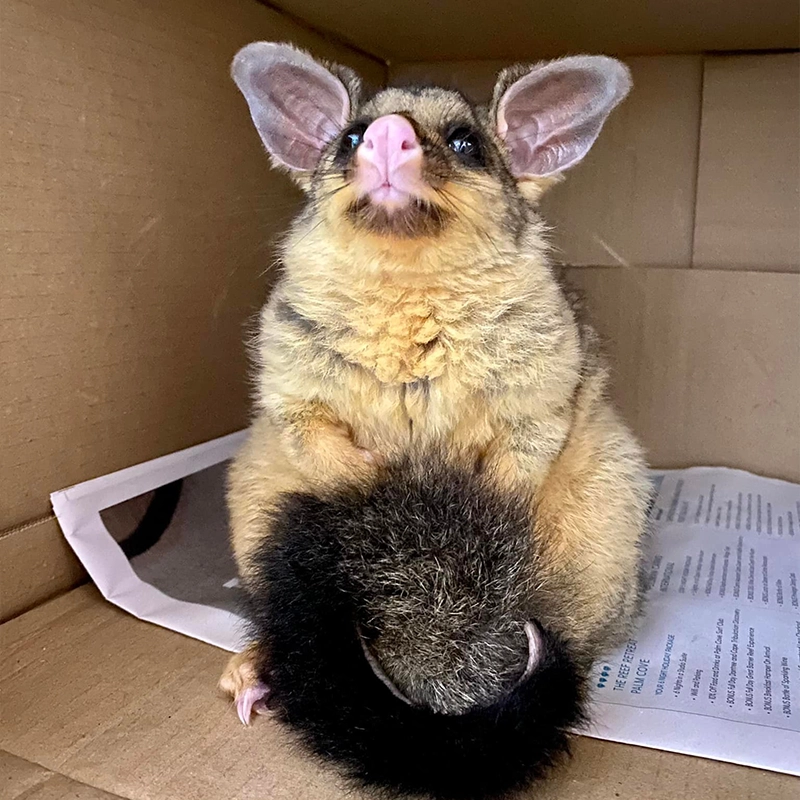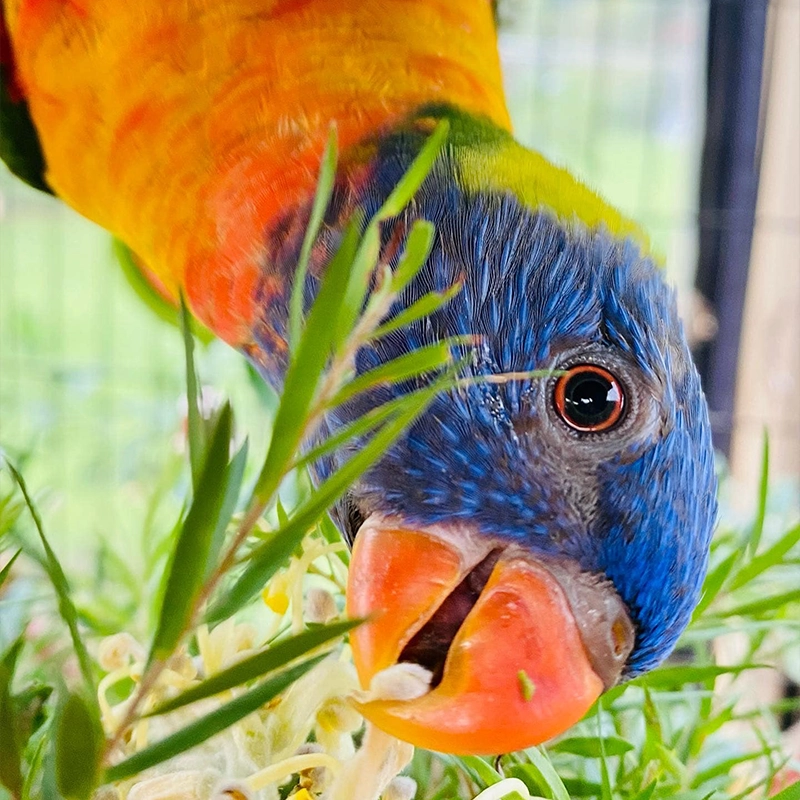
Wildlife Care

We are so lucky to live in an area that is full of wildlife!
Living closely with wildlife can have benefits. Enjoy your close encounter with Australia’s amazing animals.
If you find any injured wildlife contact your local veterinarian. They will be able to assess the animal as well as pass it on to a relevant carer if required.
Contact Number to Remember
Queensland Parks and Wildlife – 1300 130 372 (24 hours)
Below are some simple tips to remember when dealing with wildlife:
Simple Tips
- Be a responsible pet guardian. Dogs and cats cause injury and death to many of our wildlife species. Supervise them at all times and keep dogs and cats inside or confined at night.
- Teach your children to love, respect and appreciate wildlife and the environment.
- Use environmentally friendly detergents and cleaning agents. Restrict use of pesticides, fungicides, and herbicides on your land. Wildlife can be poisoned by these chemicals.
- Retain and plant native vegetation on your land. Plants provide food, shelter, nesting sites and safe passages for wildlife. Hollows in trees are also very important.
- To prevent accidental drowning in ponds and pools, attach a thick rope securely outside the pool and put the other end of the rope in the water to help animals climb out.
- Observe wildlife from a distance. Animals can easily become distressed and injure themselves if they feel threatened.
- Do not feed native wildlife but plant food trees for them. If you must feed them only feed them small amounts of their natural diet, on an irregular basis from a distance. Supply fresh water in the form of a bird bath or frog pond.
- Drive slowly and carefully, especially at dusk, night and dawn.
- If you accidentally injure or encounter an injured animal please stop to offer assistance if it is safe to do so.
- Ensure your own safety whenever dealing with any wildlife situation including highways, trees and water courses.
- Never relocate an animal out of its natural area.
- Consider if the animal really needs to be rescued before you try to offer assistance
- Don’t attempt any rescue unless you feel comfortable to do so.
- Carry an animal rescue kit in a box in your car including a blanket, towel, pillowcase, scissors and a safety pin.
- Always check the pouch of dead marsupials as you remove them from the road. The pouch is where a belly button would be.
- If you find orphaned or injured marsupial babies that are not attached to a teat, place them in a pillowcase or hankie fashioned as a substitute pouch. This can be placed down your shirt for warmth.
If you need further advice on the health of your feathered friend or need have some bird care questions, just get in touch.
All native animals are protected by law.
Put up a barrier
Deterrents only work for short periods. If you don’t like animals on your property, you can attempt to stop them from getting in. Snake Repellents are available to help keep snakes away. They work by emitting vibrations that snakes pick up. This causes them to move away from the area as they feel it’s a danger zone.
Removal is not always a solution
Relocated animals often die. And when an animal is removed, another one often takes its place.
Nothing lasts forever
Many wildlife ‘nuisances’ are only passing through. Be patient and remember that we share our home.

Lucky you!
Living closely with wildlife can have benefits. Enjoy your close encounter with Australia’s amazing animals.
If you find any injured wildlife contact your local veterinarian. They will be able to assess the animal as well as pass it on to a relevant carer if required.
